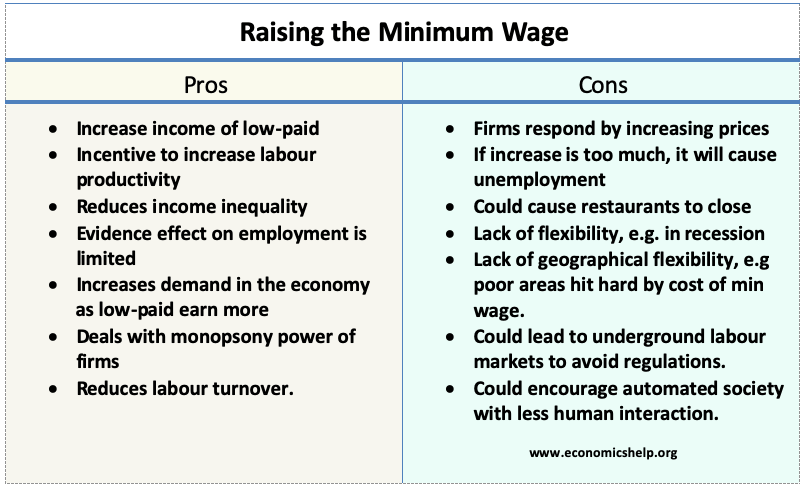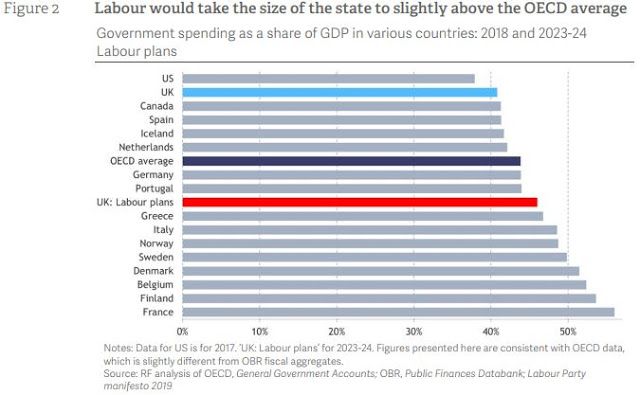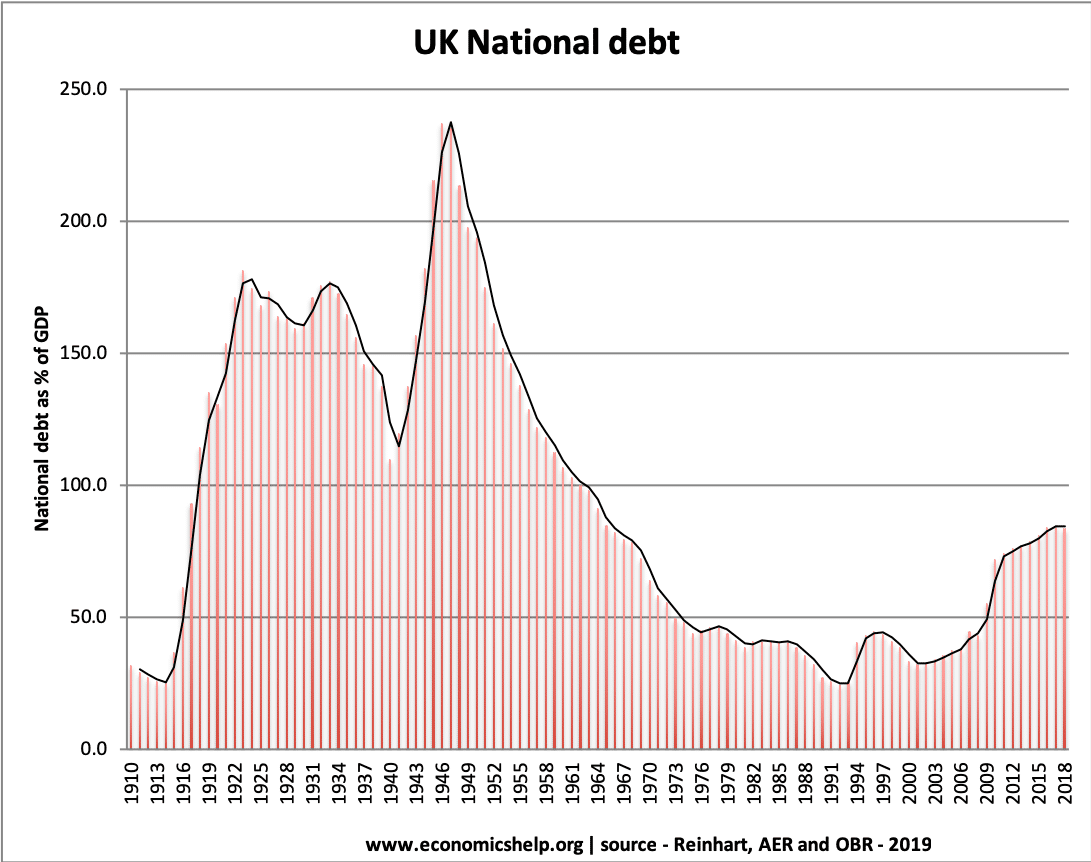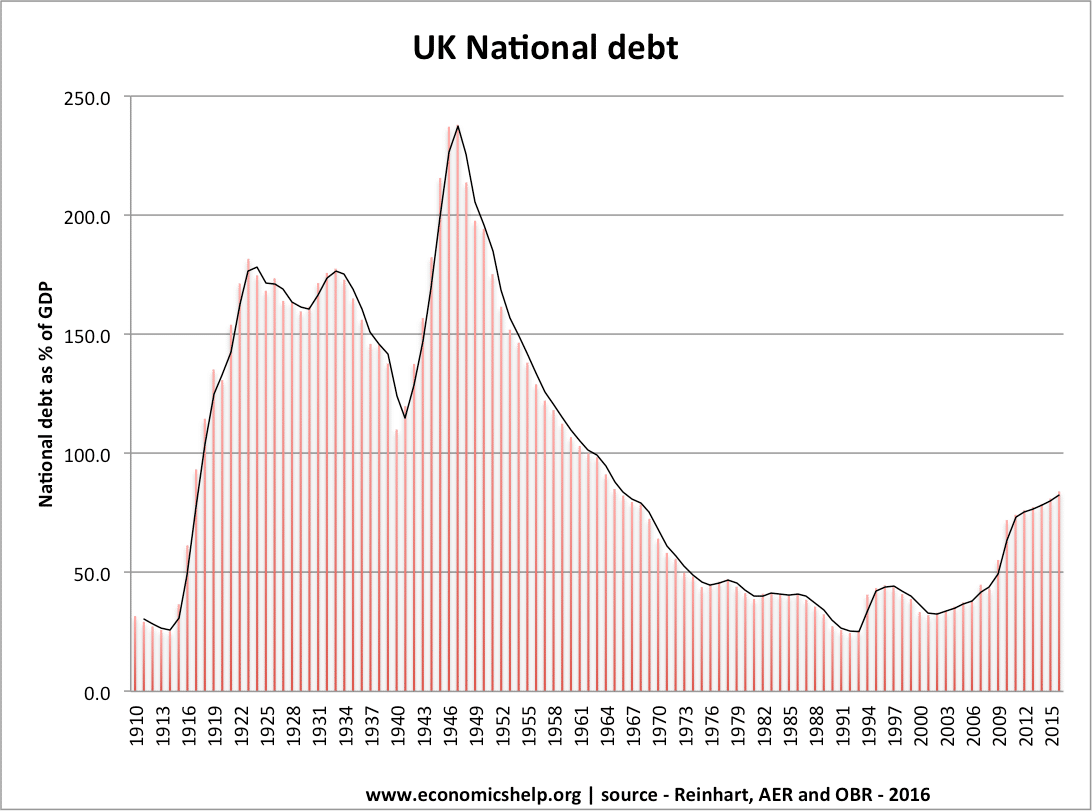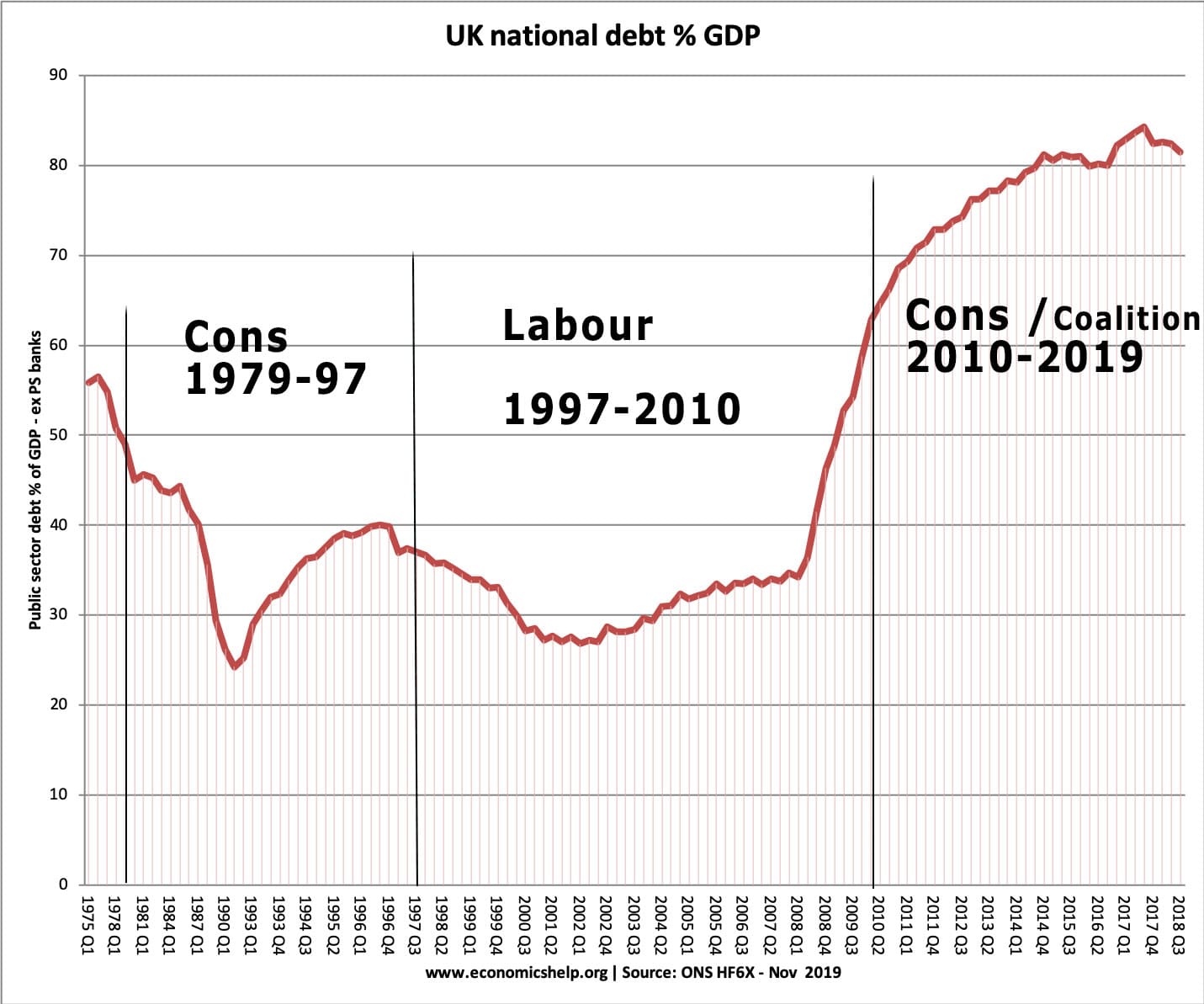Common Agricultural Policy – Aims, Costs, Benefits
Common Agricultural Policy (CAP) is EU’s policy on agricultural. Stated Aims of CAP To Increase Productivity To Increase Farm’s incomes To Stabilize markets To assure the availability of supplies To ensure reasonable prices for consumers The most important is the second aim of increasing farm incomes Why Subsidise Agriculture? The declining income of farmers. With …


